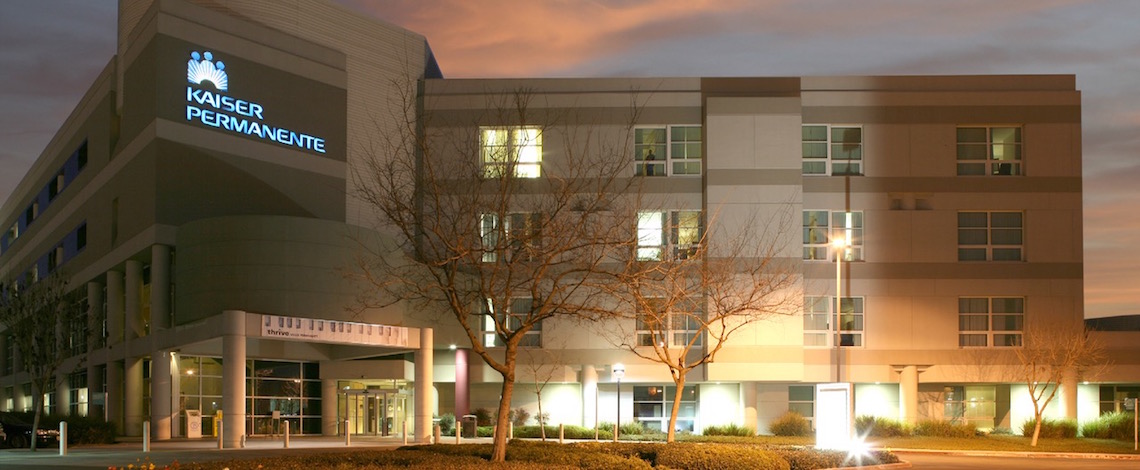
File photo.
Written by
For patients and doctors alike, one of the main concerns before and after surgery has become the prescription and subsequent dependency on opioid-based painkillers, and it’s resulting big changes to the surgical process.
Since 2014, Kaiser Permanente has been combating the growing addiction epidemic by means of a new model for preparation and treatment for surgical patients. Originating in Scandinavia, the Enhanced Recovery After Surgery (ERAS) model has led to what Dr. Subhendra Banerjee of Kaiser Permanente Fresno calls a “major paradigm” shift in procedure and outcome.
For starters, Banerjee says the standard 12-hour fast is thrown out the window, instead insisting the patient be given a high-calorie drink and receive a good amount of carbohydrates. The reason for this, he explained, is that with any incision, the body will release hormones and chemicals that break down muscles. Similar to marathon runners, the carbohydrates give energy to the patient, helping them recover sooner. Mobility is also an important component.
After surgery is done, patients are also provided with pain relief, but they avoid medications as much as possible that inhibit the patient’s ability to function, instead relying on less potent, but non-addictive medicines like lidocaine. Further use has also been made of nerve blockers injected into pain areas and even things as simple as Tylenol. According to Banerjee, this has helped produce better outcomes.
“It seems paradoxical because we’re always taught surgery is pain, and therefore opioids,” Dr. Banerjee said. “But what we found is that we can substitute it with a variety of other things which help relief without giving them — or [at least] significantly reducing — their need of opioids.”
According to Kaiser Permanente’s data, the efforts are paying off. In a recent study conducted between 2015 and 2018, the number of patients prescribed opioids for surgery has dropped from 30% to 10% in Northern California. In Fresno, it’s a 59% drop. These findings were published in the Annals of Surgery.
Dr. Banerjee says they initially started the ERAS program by administering it to high-risk hip and colon patients, but after just one year of success, they’ve moved it to be used for all types of procedures.








